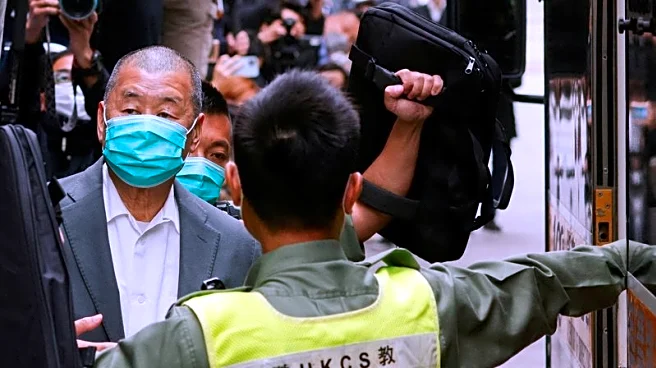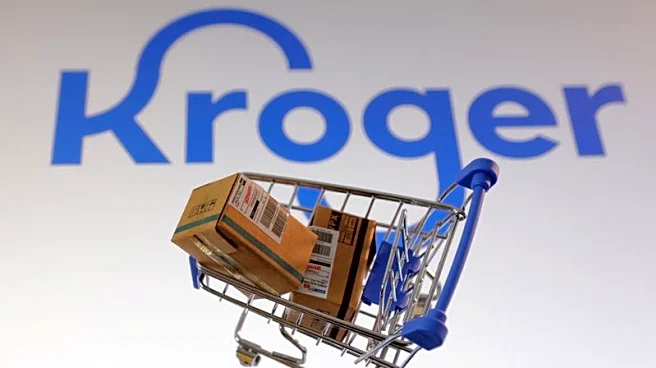Rapid Read • 9 min read
The retail industry is increasingly leveraging nostalgia to engage consumers, as economic anxiety and digital fatigue drive a longing for the past. Brands like HMV and Toys 'R' Us are making a comeback, while retro items such as flip phones and vintage clothing gain popularity. Platforms like TikTok are accelerating this trend by popularizing VHS filters and 90s TV clips. Retailers are tapping into emotional connections formed during significant life moments, such as back-to-school shopping or buying a first jacket, to create a sense of comfort and belonging. This strategy is not limited to established brands; newer and online retailers are also finding ways to evoke nostalgia through collaborations and shared rituals.
AD
Nostalgia in retail offers a powerful way to connect with consumers on an emotional level, which is crucial during times of economic uncertainty. By tapping into cherished memories, brands can foster loyalty and differentiate themselves in a crowded market. This approach allows retailers to draw on their historical assets and cultural equity, creating a sense of authenticity and trust. As consumers seek comfort and identity, nostalgia provides a means to fulfill these desires, potentially leading to increased sales and brand engagement. The trend also highlights the importance of understanding consumer behavior and cultural shifts, enabling brands to remain relevant and resonate with their audience.
Retailers are expected to continue exploring nostalgia-driven strategies, finding innovative ways to blend past and present. This may involve collaborations with heritage brands or the creation of new experiences that evoke nostalgic feelings. As social media continues to influence consumer preferences, brands will need to stay attuned to emerging nostalgic trends and adapt their offerings accordingly. The challenge will be to ensure that nostalgia is not merely a superficial aesthetic but a meaningful connection that adds value to the consumer experience. Retailers will likely invest in crafting distinctive ideas that stand the test of time, expanding their reach to new audiences while maintaining authenticity.
The resurgence of nostalgia in retail reflects broader societal trends, including a desire for simplicity and belonging in a complex world. This phenomenon raises questions about the ethical implications of exploiting emotional connections for commercial gain. Brands must navigate the fine line between genuine engagement and manipulation, ensuring that their nostalgic offerings are respectful and inclusive. Additionally, the shift towards nostalgia may influence cultural norms and consumer expectations, prompting retailers to reconsider their role in shaping societal values. As nostalgia becomes a more prominent marketing tool, its impact on consumer behavior and cultural identity will be an area of ongoing exploration.
AD
More Stories You Might Enjoy












